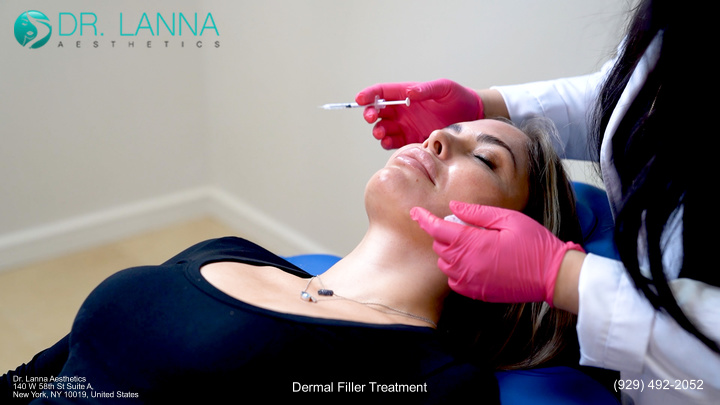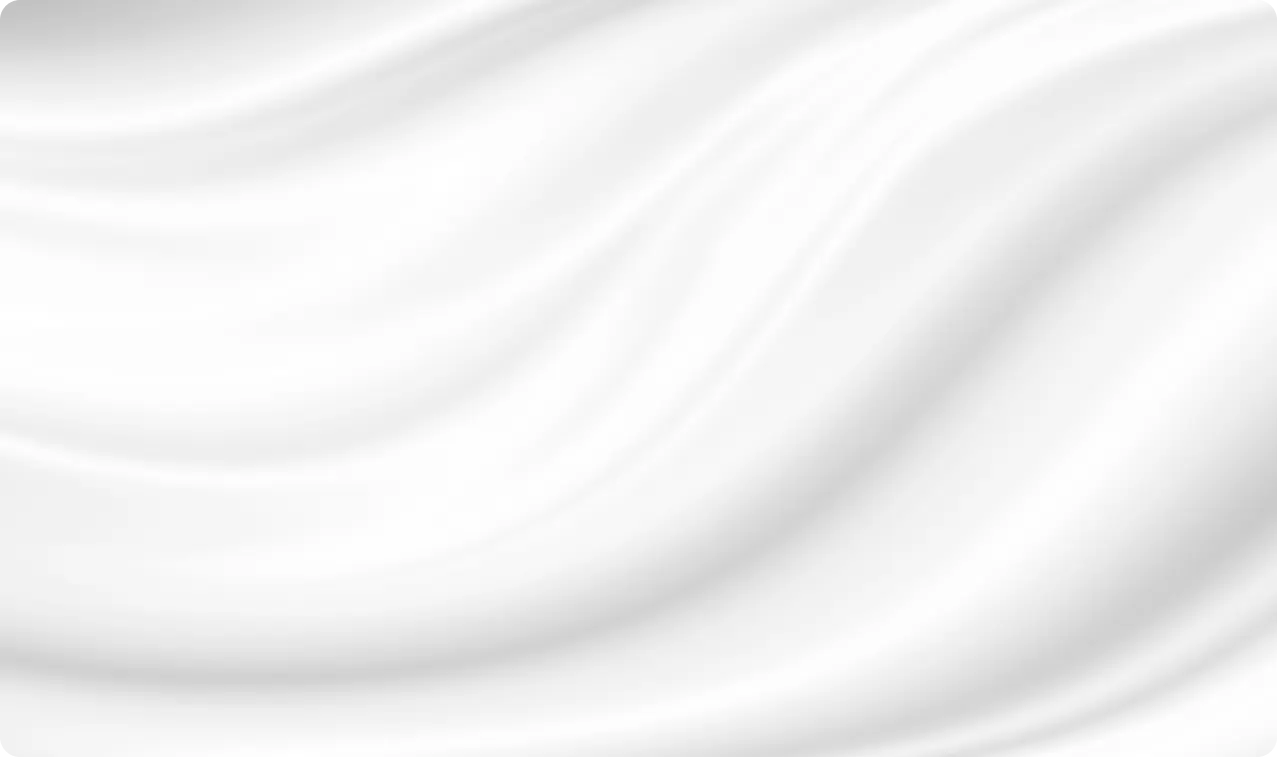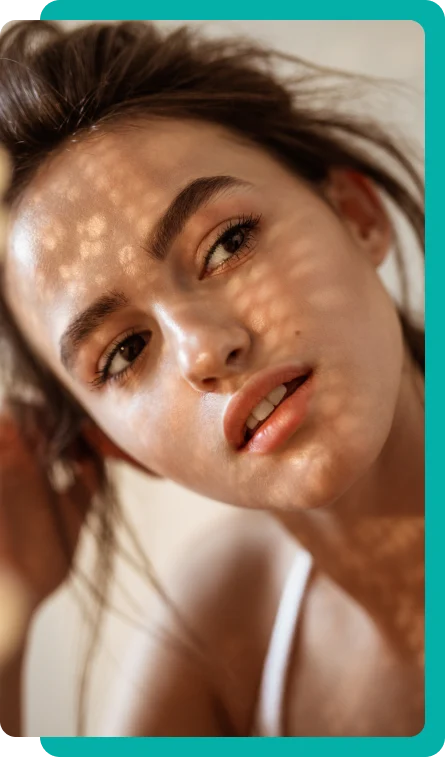As FDA-approved cosmetic treatments, dermal fillers have a lot of benefits compared to other cosmetic treatments beyond results. But this injectable treatment isn’t flawless: like any other cosmetic procedure, it can have its fair share of side effects. One of the most common is facial swelling, usually caused because of the needle penetrating your skin.
But how long should you expect swelling from dermal fillers to last? Most facial swelling from dermal fillers typically subsides within 3 to 5 days, but the exact number can vary from person to person. The injection site will also play a role: the thinner the skin, the more time it might take to get your swelling to go down.
You might be wondering: for a non-invasive treatment, why do dermal fillers have side effects at all? This is because the filler itself doesn’t really cause the swelling but the action of the needle going through your skin does.
Dermal filler treatment usually involves a series of injections on your skin, which pierce beneath the dermal layer to deposit the filler material underneath. The needle going through your skin and tissue causes swelling as your body responds to heal the site of the damage.
Everyone experiences some sort of swelling from dermal fillers – it’s really nothing to worry about. However, the severity of your facial swelling can depend on a lot of factors, some of which you can control.
The injection site is an important factor in determining how much facial swelling you’ll experience, with more sensitive areas requiring a longer recovery time. Some of the areas of concern include:
Because of its proximity to the tear troughs (a popular area for both Botox injections and dermal fillers), the under eyes experience a fair amount of strain when subjected to dermal filler treatment. Since the skin around this area is thinner and closer to your eyes compared to other injection sites, providers often take their time during the procedure to ensure safety and accuracy. This can cause additional swelling as the needle makes its way under your skin, but it will resolve on its own shortly.
The lips are another popular treatment site for dermal filler injections, as these facial fillers that can make the most difference to your appearance. A dermal filler injection on the lips can cause more minor swelling as the blood flow is interrupted to your lips, which may take longer to heal. Additionally, lip filler injections can also trigger unrelated causes of lip swelling, like some people's natural reactions toward spicy food. But like other side effects, lip swelling also subsides in time.
Filler volume for the cheeks is often more considerable compared to other areas of the face, which is why it experiences plenty of swelling and some mild bruising as well. Given the amounts usually used in the initial injection, additional filler applications may be required to give the patient the results that they want - which means more opportunities to trigger swelling.
Generally, the more fillers are used in the injection site (and the thinner the skin is in the area), the more likely you'll experience swelling. Even if there are some mild differences between patients, most experts and dermal filler patients generally accept swelling as part of the procedure with facial filler injections. Fortunately, this particular side effect is mild and resolves easily.
While the level of swelling you might experience is unique to your own circumstances, that doesn't mean you can't do anything to tip the scales in your favor. If you're really concerned about swelling after facial filler application, there are a few things you can do to keep any unwanted inflammation down:

While swelling is one of the most common side effects of facial fillers, you can avoid severe swelling (as well as other adverse reactions) if you find an experienced provider to give you the care you need after the procedure. That's where we come in.
At Dr. Lanna Aesthetics, our expertise in filler injections means that we can help manage the swelling in patients quickly and efficiently, as well as any other normal reaction you may have to your dermal filler treatment. Whether it's a simple lip filler procedure or treatments of cheek filler over time, we can help you look your best without having to go through unnecessary pain or discomfort.
For questions about our dermal filler treatment like hypersensitivity reactions, hyaluronic acid fillers that we use, or other concerns about facial filler injections, book a consultation with us now by contacting us online via our website at https://doctorlanna.com/contact/ or call us at (969) 565-7539.

New Patients Enjoy $100 OFF on Tox or Filler Appointments!
*minimum 1 full syringe or minimum 25 units; Cannot be combined
